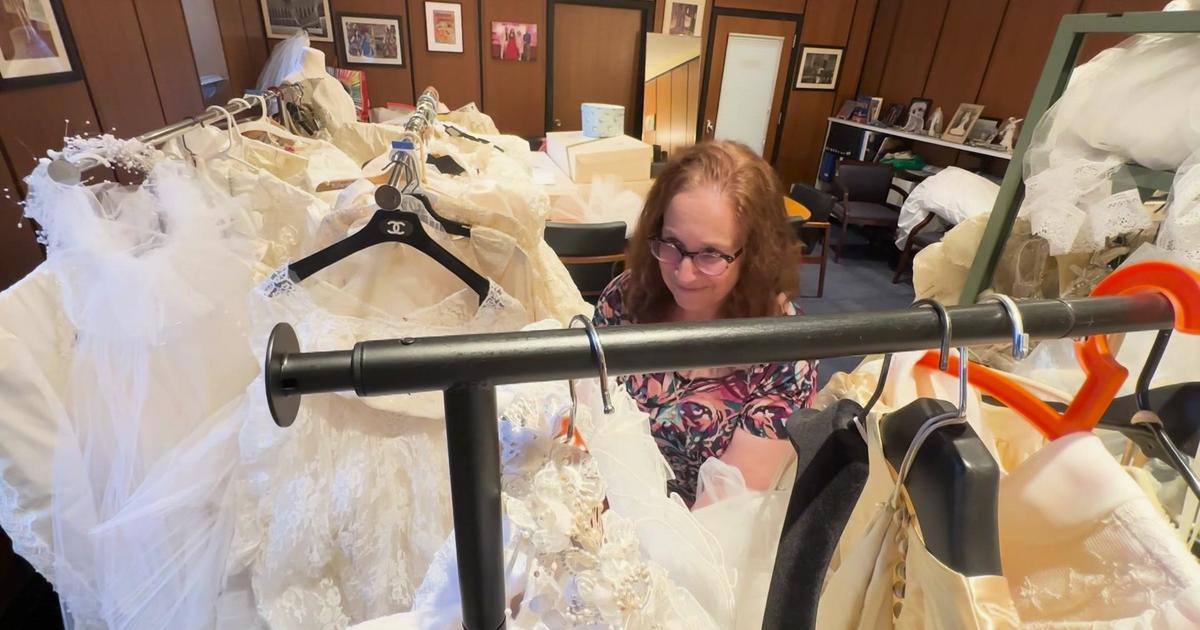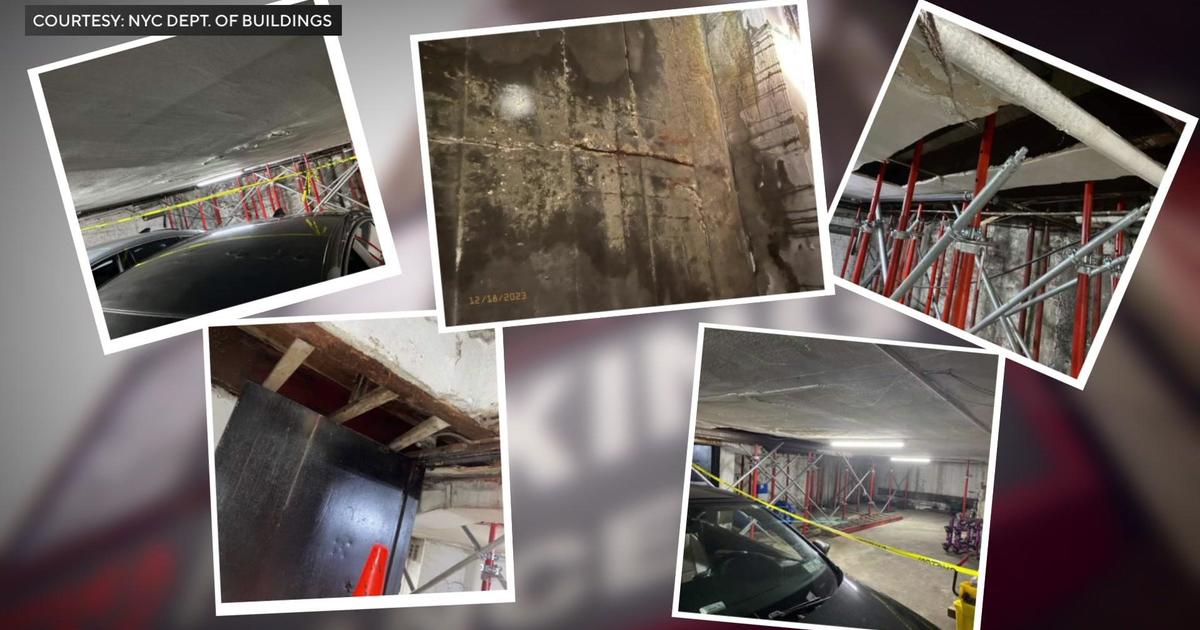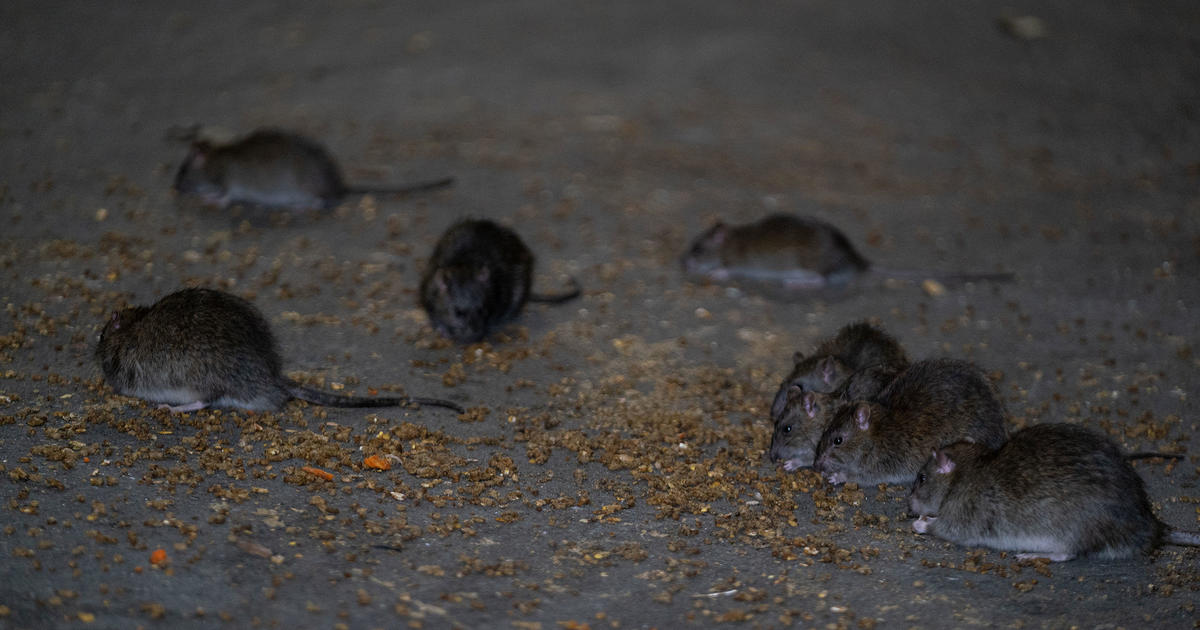New Procedure Could Dramatically Increase Number Of Kidney Transplants
NEW YORK (CBSNewYork)-- There are currently about 100,000 patients on a waiting list for a kidney transplant. Only about 20,000 will receive a transplant this year and many will die waiting for one.
A revolutionary new procedure could dramatically increase of number of kidney transplants.
Sam Cosby is in the hospital to treat a small rejection flare-up of the kidney transplant he got six years ago.
He was lucky to get a kidney after less than a year on the waiting list, but he remembers how tough dialysis was.
"It was four to six hours a day, I had a lot of nausea, headaches... not fun," Cosby told CBS2's Dr. Max Gomez.
Tens of thousands of patients on dialysis aren't as lucky, and many may never get a kidney because they make antibodies that might reject almost any organ.
"They're difficult to match because they have been exposed to someone else's tissue. And there are three ways that can happen: pregnancies, previous blood transfusion or previous transplant," Dr. Robert Montgomery, director of the New York University Langone Transplant Institute, told CBS2.
Montgomery has helped develop an approach to get rid of those harmful antibodies by filtering them out of the blood.
"Basically what that does is lower the antibody to a safe level to do the transplant so it won't be immediately rejected. And then some kind of magic happens and in most cases the antibody stays low like that and the patient goes on to have a normal longevity of their transplant," he explained.
In a major study in Thursday's New England Journal of Medicine, Montgomery and collaborators at 22 transplant centers around the country showed that filtering these hard-to-transplant recipients did well even with incompatible kidneys.
"We pioneered this procedure. After eight years, we doubled the survival rate, over people who were on dialysis... dramatic," Montgomery said.
Because the blood filtering can take up to two weeks, desensitization is only useful for living donors, not deceased donors where you may only have hours to harvest viable organs. Even so, it could dramatically improve the number of kidney transplants.



